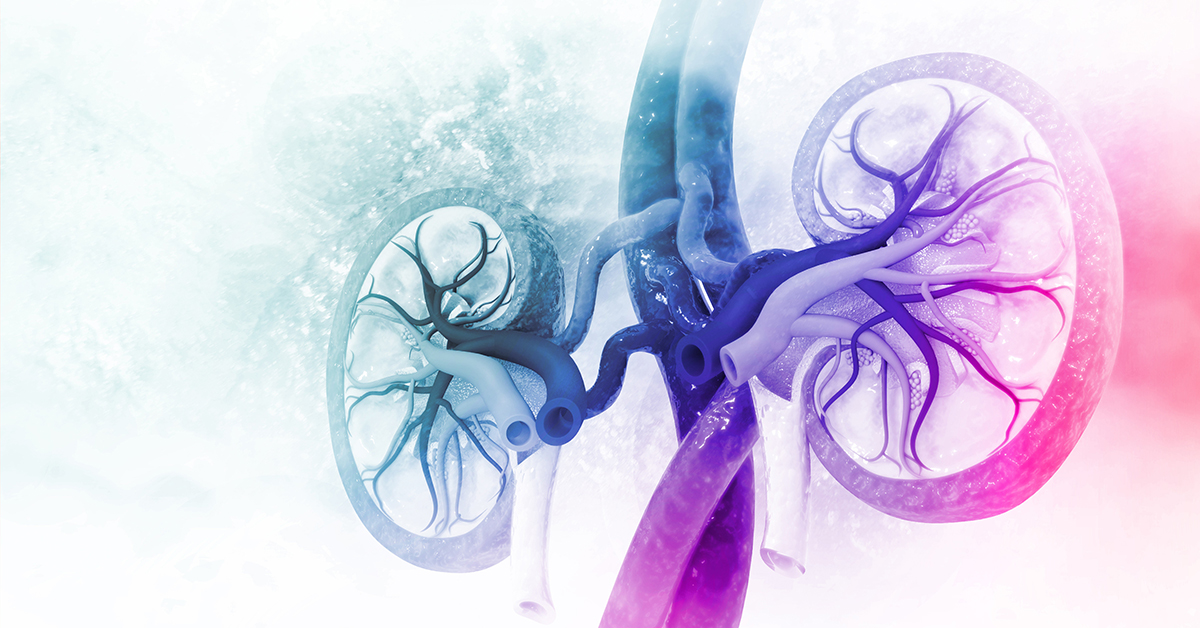Raising Awareness: National Kidney Month

More than 37 million people are affected by kidney failure. The month of March is National Kidney Month. Staying informed and learning about kidney health can help you recognize the signs of kidney disease.
Keep reading to learn more about kidney health, kidney disease research, and National Kidney Month.
What is Chronic Kidney Disease?
Chronic Kidney Disease, also known as CKD, is any condition or long-term sickness that reduces the function of your kidneys. Kidneys are meant to clean and filter your blood.
If your kidneys aren’t working as they should, you may have extra fluid or waste build-up in your body.
National Kidney Month History
Because kidney disease affects so many people across the world, National Kidney Month is held during the entire month of March. Not only does this day help bring awareness to kidney health and kidney disease, but it also encourages others to support kidney disease research and to learn about the warning signs of kidney disease.
Symptoms of Kidney Disease
There are many symptoms associated with chronic kidney disease that can help you recognize if you have problems with your kidneys. Because kidneys act as filters, you may retain extra fluid in your body when your kidneys aren’t functioning.
This may lead to swelling in your face, hands, feet, ankles, or abdomen. You may also recognize symptoms relating to your urinary tract. If you have issues with your kidneys or have kidney disease, you may find blood in your urine or have foamy urine. It may also be difficult or painful to urinate.
You may also experience other issues, like kidney stones. If you are experiencing issues with your kidneys, it is important to be proactive! Get screened or contact a doctor.
Finally, you may have increased thirst when you have chronic kidney disease. Due to the issues filtering urine, failing kidneys use more water to excrete solute buildup. Because of the extra water used to urinate, kidney failure often leads to dehydration and thirst.
How To Protect Your Kidneys
There are many ways that you can protect your kidneys and prevent kidney failure.
First, it is important to get tested regularly. If you have a family history of kidney disease or have other complications, like high blood pressure, you can get screened through a urine or blood test.
It is also important to exercise regularly. Not only does this help keep your entire body healthy and functioning smoothly, but it will also help control your blood pressure and lower your blood sugar. Both of these aspects of your health are vital to your kidney health.
Finally, stay away from processed and unhealthy foods! Kidneys act as a filter for your body. This means that unhealthy food with toxic substances can prevent your kidneys from functioning properly.
Eating a balanced diet will help prevent type 2 diabetes, which will also prevent Chronic Kidney Disease.
Learn More About Kidney Health
To celebrate National Kidney Month, it is important to learn more about kidney health and how to prevent kidney failure. If you are at risk for kidney failure, your Corpus Christi ER can help.
Sources:
“CKD Risk Factors and Prevention”, CDC, 17 March 2021 https://www.cdc.gov/kidneydisease/publications-resources/annual-report/ckd-risk-prevention.html
“Kidney Disease Statistics for the United States”, December 2016, https://www.niddk.nih.gov/health-information/health-statistics/kidney-disease


